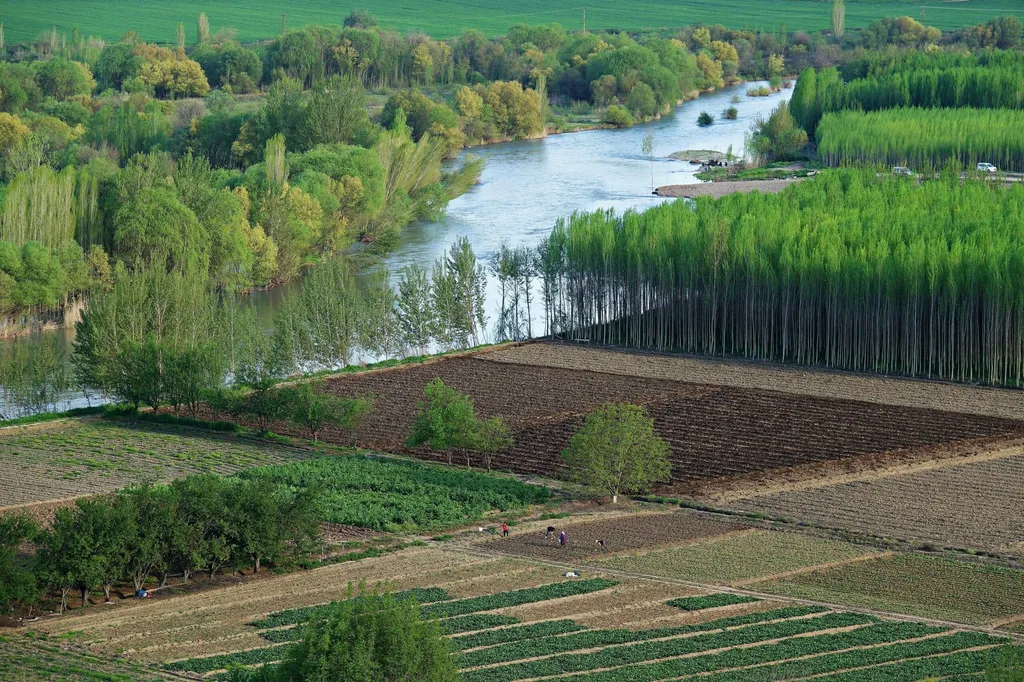In the heart of the Kurdistan Region, Iraq, a pressing question is being asked: How can good governance bolster sustainable agriculture and protect the environment? A recent study published in the *Bulletin of University of Agricultural Sciences and Veterinary Medicine Cluj-Napoca: Horticulture* sheds light on this very issue, focusing on the Penjwen District and its approach to managing summer crops.
The research, led by Hawall Rasul of the Department of Agribusiness and Rural Development at the University of Sulaimani, delves into the role of local authorities in achieving sustainable crop management. Through face-to-face interviews and focus group discussions with local authorities, Rasul’s team employed a qualitative methodology to assess the district’s governance practices against the Sustainability Assessment of Food and Agriculture (SAFA) guidelines.
The findings are stark. The local governing bodies in Penjwen District have achieved levels of sustainability that range from inadequate to intolerable. “The authorities have been assigned a red designation, indicating an unacceptable evaluation in areas such as accountability, participation, rule of law, and integrated management,” Rasul explains. “Corporate ethics received an orange designation, highlighting significant room for improvement.”
So, what does this mean for the agriculture sector? Sustainable management of summer crops is not just an environmental concern; it’s a commercial imperative. Efficient resource allocation and conservation can lead to increased yields, reduced costs, and improved market competitiveness. Conversely, poor governance can result in resource mismanagement, environmental degradation, and ultimately, economic loss.
Rasul’s research underscores the need for robust governance structures to support sustainable agriculture. “Good governance is not just about policies and regulations,” Rasul notes. “It’s about creating an environment where local authorities, farmers, and communities can work together towards a common goal.”
The study’s implications extend beyond Penjwen District. As nations worldwide grapple with environmental deterioration and resource mismanagement, the role of good governance in promoting sustainable agriculture becomes increasingly crucial. The research serves as a wake-up call for local authorities to prioritize sustainability and adopt best practices in governance.
Looking ahead, this research could shape future developments in the field by emphasizing the importance of good governance in achieving sustainable agriculture. It calls for a collaborative approach, involving local authorities, farmers, and communities, to ensure the prudent allocation and conservation of resources. As the global community continues to confront environmental challenges, the lessons from Penjwen District offer valuable insights for the agriculture sector worldwide.

